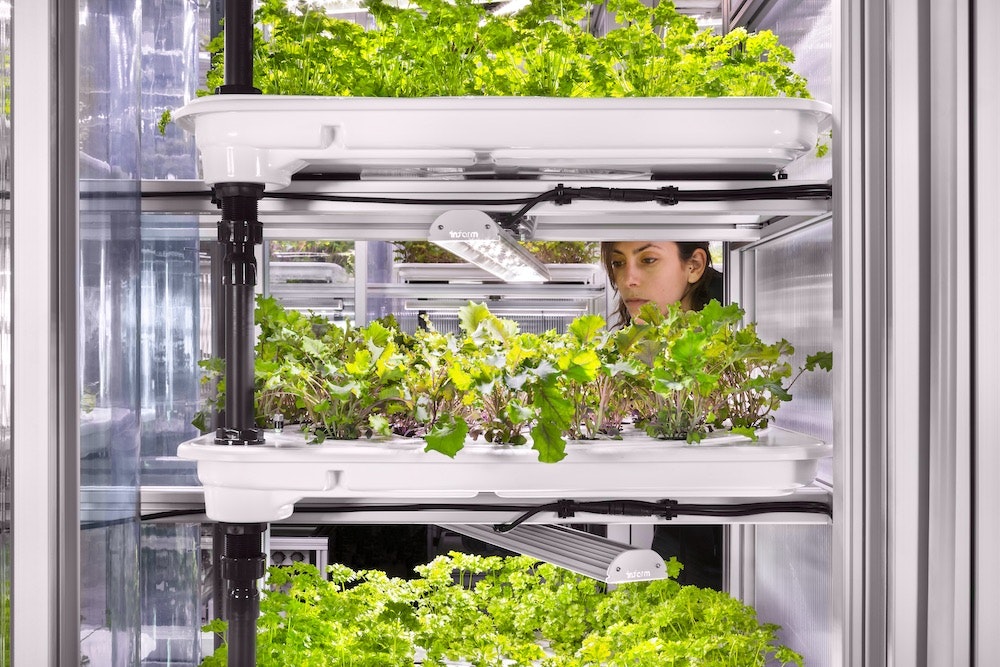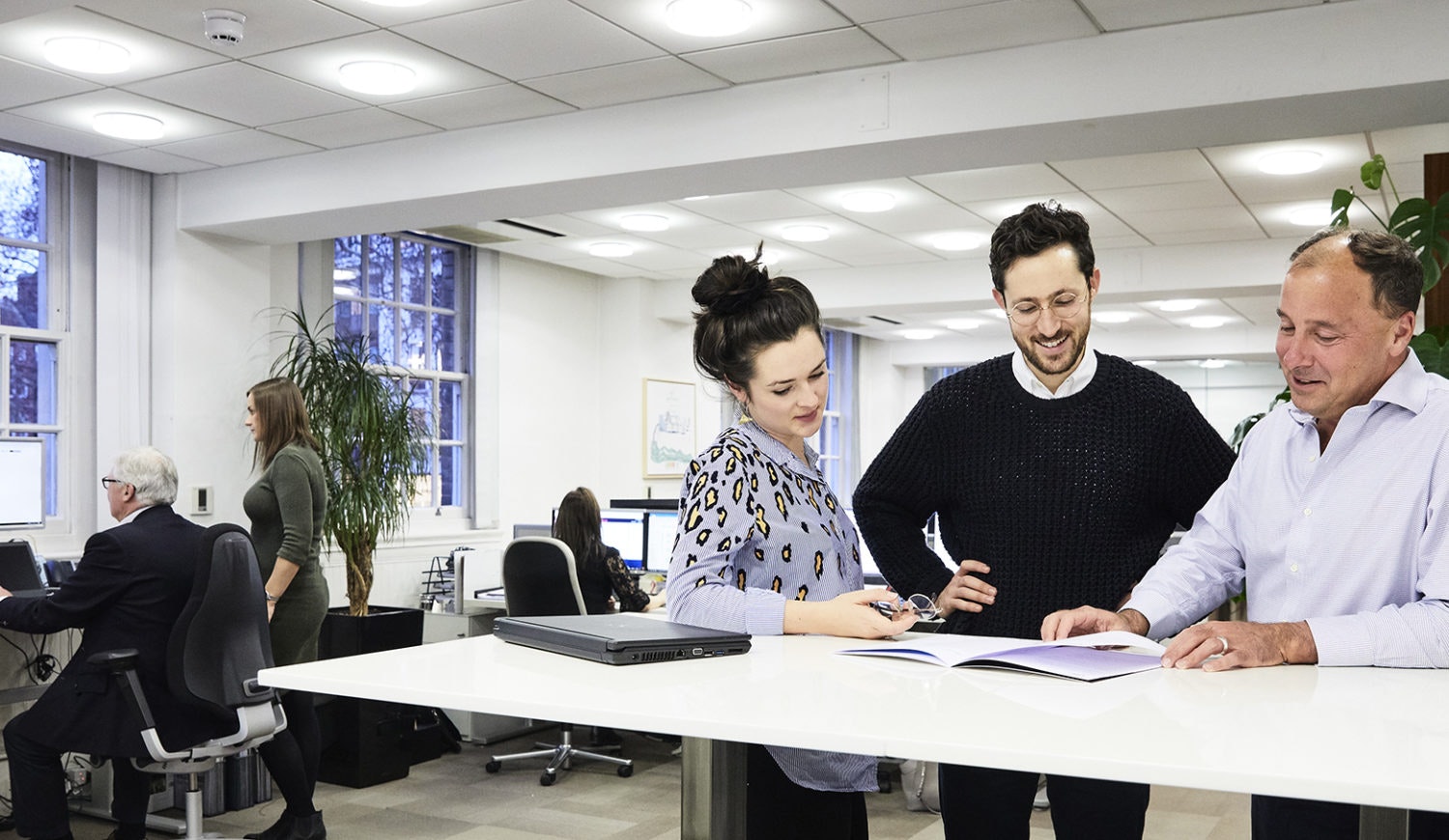Bulb has been busy.
On March 2, it was officially crowned Europe’s fastest growing startup, having topped the FT 1000 list.
The FT’s annual list of fast-growing companies, which this year ranked startups on revenue growth between 2016 and 2019, revealed that Bulb has achieved compound annual revenue growth of 1,159%, putting it ahead of Spanish recruiting startup jobandtalent (which has just raised €100m) and Estonian ride-sharing startup Bolt.
The company’s headcount also increased from 55 in 2016 to 575 in 2019. This hiring spree has continued: today, Bulb’s team across Europe and the US is 1k strong with 400 new joiners since the pandemic hit in March 2020.
There's still a huge percentage of people that are not buying renewable energy.
The startup, which has raised over £65m since launching in 2015, is riding a wave of changing consumer sentiment. When it launched six years ago, just 25% of electricity generated in the UK came from renewable sources; by 2019, that figure had reached an all-time high of 33%.
Bulb, meanwhile, has grown its market share to 5.9% of the UK’s energy market, meaning it is now serving more customers than 'Big Six' energy firm npower. Globally, Bulb now supplies 1.7m homes.
“Everyone has become so much more aware of their impact on the environment over the last five years,” Bulb's cofounder and CEO Hayden Wood says. “But it’s still the minority. There’s still [a huge] percentage of people that are not buying renewable energy.”
The future of green energy
As more consumers do switch to green energy, the challenge is making sure they get a consistent supply.
“Everyone knows that wind turbines don’t produce electricity if the wind’s not blowing,” Wood points out. “In order for us to manage that intermittency, there needs to be much more storage in the grid.”
It’s now easy enough for consumers to switch to a green energy supplier (in the UK, alongside Bulb, Octopus Energy, Ovo Energy and giant E.on all offer renewable electricity). Bulb’s next mission is to make it even easier for customers to manage — or even produce — their own home energy supplies.
“When you get homes with heat pumps [that convert energy in the ground or air to heat] or that have their own solar generators, then you get this two-way grid where homes aren’t just importing energy,” he says. “At times they’ll be exporting, feeding it back onto the grid.”
“We want to help people choose when to charge their electric vehicles so they can avoid peak periods which are more expensive and polluting. We want to help people with solar panels sell that back to the grid and for it not to be estimated, but measured with a smart meter,” he explains. “At the moment that world is really complicated for consumers. We’ve got to make it simple and easy to understand.”
Wood says Bulb is currently trialing two new technologies that could bring this vision closer to reality. For solar panel owners, it’s testing out home battery tech that can improve the generation, storage and management of that energy.
It's also testing an app-powered charger product for electric vehicles (EV), which connects directly to the car itself, rather than a charging point (meaning it can be used with more electric car models than other types of charging tech). It’s also exploring vehicle-to-grid technology, which could allow EV owners to export surplus energy from their car batteries.
It’s brilliant to have the impact we’re having, but it creates a lot of volatility within the company that needs to be managed.
Bulb’s growing pains
Getting to this point, however, has not been easy, and getting consumers to care about how their homes are powered has been expensive.
In the year to March 2019, Bulb doubled its customer base and quadrupled its revenues — but its losses ballooned from £28m a year before to £129m, which Bulb put down to its expansion plans that year.
Its most recent accounts, filed today on Companies House and covering the year to 31 March 2020, show that losses have since narrowed to £63m, while revenues are up 85% year-on-year to £1.5bn.
“It’s brilliant to have the impact we’re having, but it creates a lot of volatility within the company that needs to be managed,” Wood admits.
These sorts of growing pains are typical of startups in scaling mode, and a C-suite shake up indicates that Bulb may now be entering a new phase of growth.
In July, Lis Blair, formerly of Easyjet, joined as chief growth and marketing officer. Her appointment was followed by the addition of Paul Ablin, also a former Easyjet exec, as CFO, and experienced Silicon Valley tech developer John Marshall as CTO.
These additions make up for a big departure: Bulb’s cofounder, Amit Gudka, who announced in February that he would be leaving the company to set up a business in the battery storage space.
Trouble in Texas
There are some even bigger challenges on the horizon, too.
In Texas, where Bulb launched in September 2020, the problems that arise when energy supply can’t keep up with demand are being felt.
In February, a snowstorm battered the state, leading 40% of its energy supply to go offline amid freezing temperatures. As a result, energy prices skyrocketed. Bulb says it took the hit for consumers by freezing its prices, although it declined to share how costly this had been.
Then a political storm followed. Responding to questions about what was happening in the state, Texan governor Greg Abbott (who Bulb has written to, requesting that price caps be put in place) decried the Green New Deal, a proposed environmental legislation which is not in effect anywhere in the US. “The Green New Deal would be a deadly deal for the United States of America,” he said.
“That claim is complete bullshit,” Wood says. “It’s very sad that some people tried to use this to bash renewable energy.”
While Abbott’s claims were quickly rebuked (while some wind turbines did freeze over, there were also failures in gas, coal and nuclear plants in Texas), Wood says such rumours are “very unhelpful”. “If we are going to avoid devastating temperature change, we are going to have to have more renewables and be more efficient in the way we use energy. Things like that delay us even further. It’s dangerous,” he says.
“We want to make switching to renewables and being part of the future of energy a positive thing,” he adds. “Governments, businesses and consumers need to come together. We’re clear on what the problem is.”

Bulb’s next political play
Wood is already in the process of creating such a coalition.
Last week, Bulb announced it was heading up a new sustainability initiative — the ‘Tech Zero’ taskforce — that will help the tech sector measure and reduce its carbon footprint.
Fifteen UK startups have joined so far, with fintechs Starling and Revolut, frozen ready meal company Allplants, digital doctor service Babylon and mapping startup what3words among the founding members.
Together, they will create a “toolkit” and set targets to help tech companies achieve net-zero.
“We are all grappling with this problem at the same time,” Wood says, adding that he expects a total of 1k British startups to sign up to the pledge, which will be announced “in the coming weeks”.
“It speaks to something more broadly about the climate crisis,” he says. “Everyone knows it’s a problem, but people don’t necessarily know what to do about it.”


